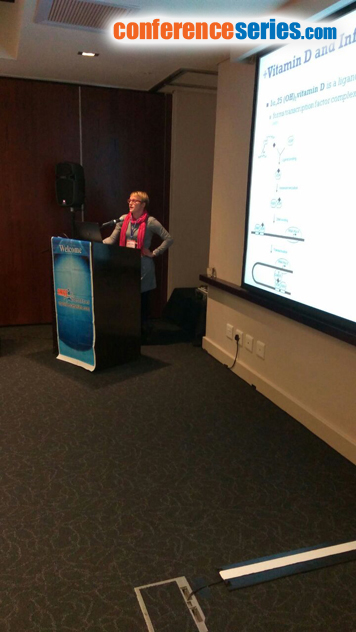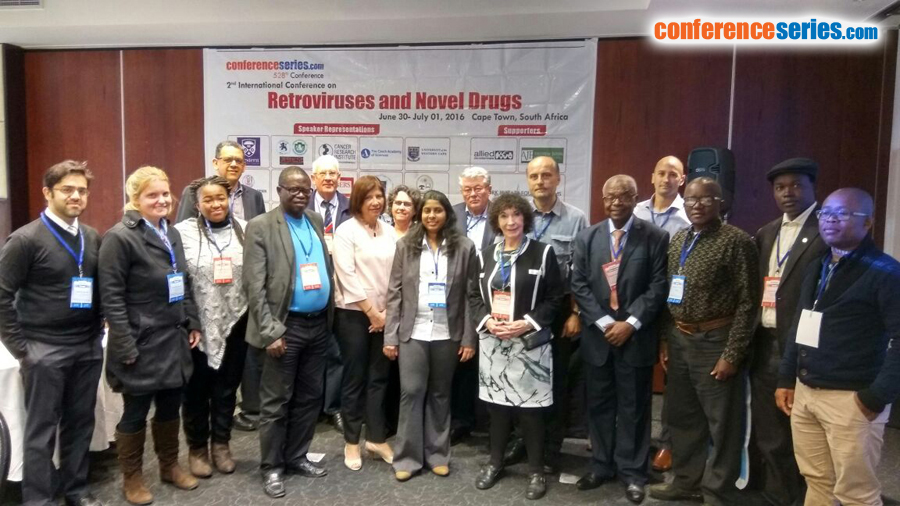
Biography
Biography: Anna K Coussens
Abstract
Tuberculosis (TB) susceptibility is influenced by immunosuppression during Mycobacterium tuberculosis (Mtb) infection. Amongst the greatest risk factors for TB are HIV-1 infection and vitamin D deficiency. These risks factors are not mutually exclusive and exacerbate eachother. However, the phenotype of immunodeficiency induced by each is different, therefore their interrelationship on suceptiblity is complex. Co-infection with HIV is thought to increase susceptibility to TB via a number of mechanisms; primarily through dysfunctional and decreased CD4+ T cells and impaired T cell activation. However, the impact on innate immuity which may influce the primary response to Mtb is less clear. Vitamin D deficiency not only associates with TB risk, but it is greater in HIV-co-infected patients. The effects of vitamin D on the immune system are pleiotropic, being both anti-inflamamtory and anti-microbial. Consequently, the exact mechanisms by which vitamin D may help prevent and treat TB-HIV remain contentious. Evidence suggests that vitamin D may not only reduce risk of TB by increasing anti-mycobacterial immunity and reducing inflammation, but it may also reduce HIV replication and the associated effects on innate and adaptive immunity; thus concomitantly reducing the associated risk of HIV on TB. I will summarise our in vitro and ex vivo findings in various populations on the effect of vitamin D supplemention on the response of innate and adaptive immunity to HIV-Mtb infection, and demonstrate the effects of local inflammation on the cellular response to co-infection. Vitamin D may prove to be a cheap, effective, tool for preventing TB-HIV disease progression.
Speaker Presentations
Speaker PPTs Click Here



